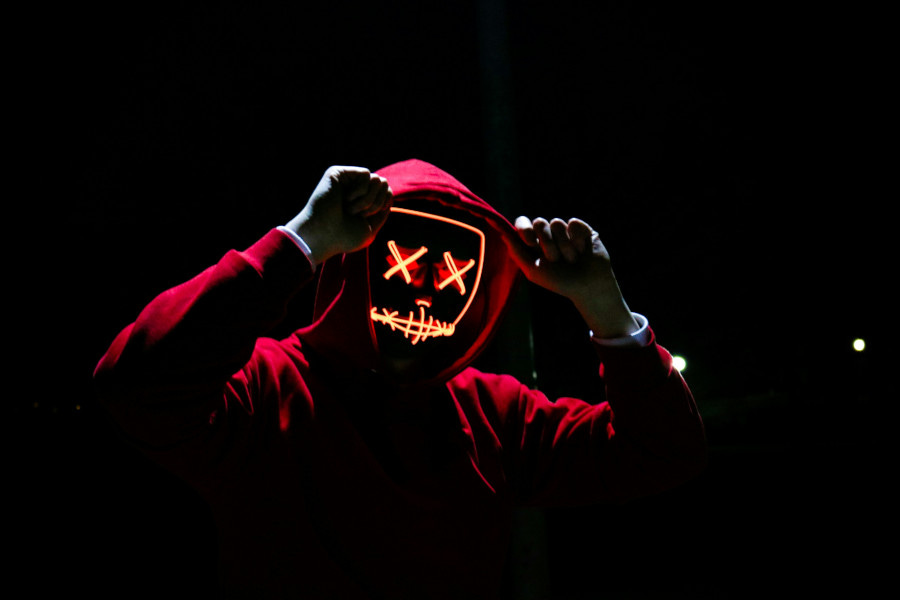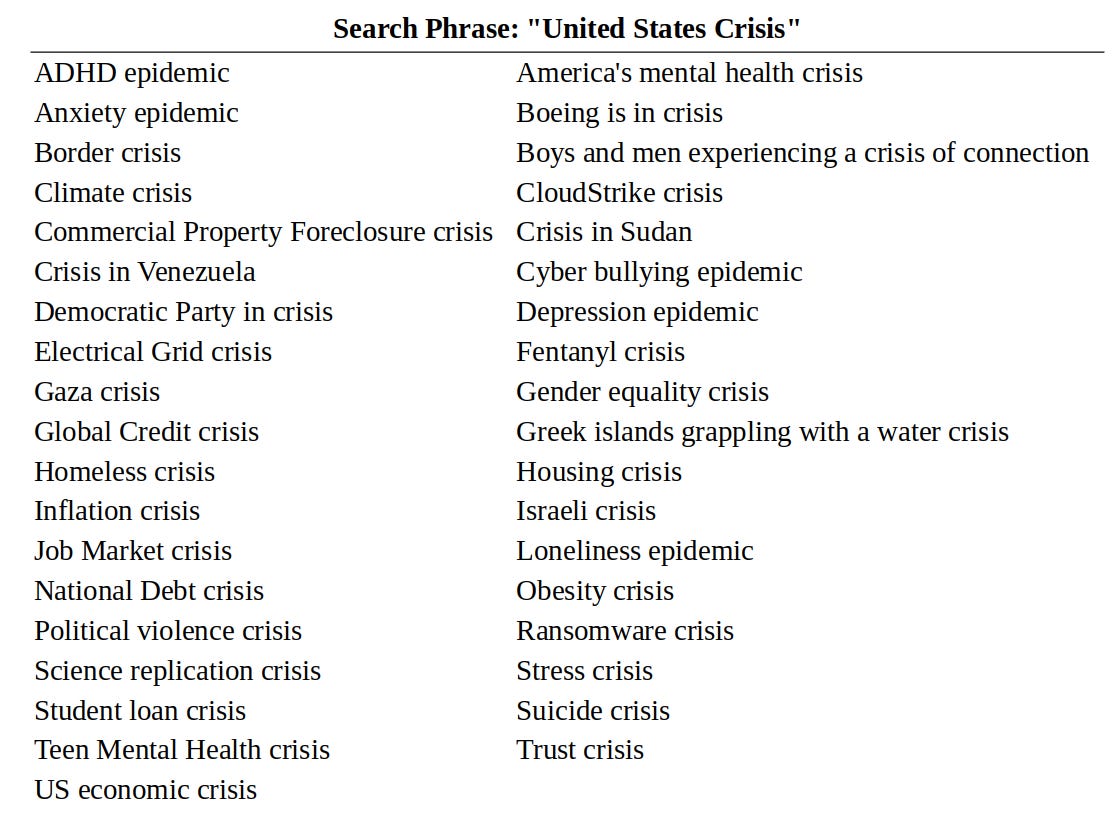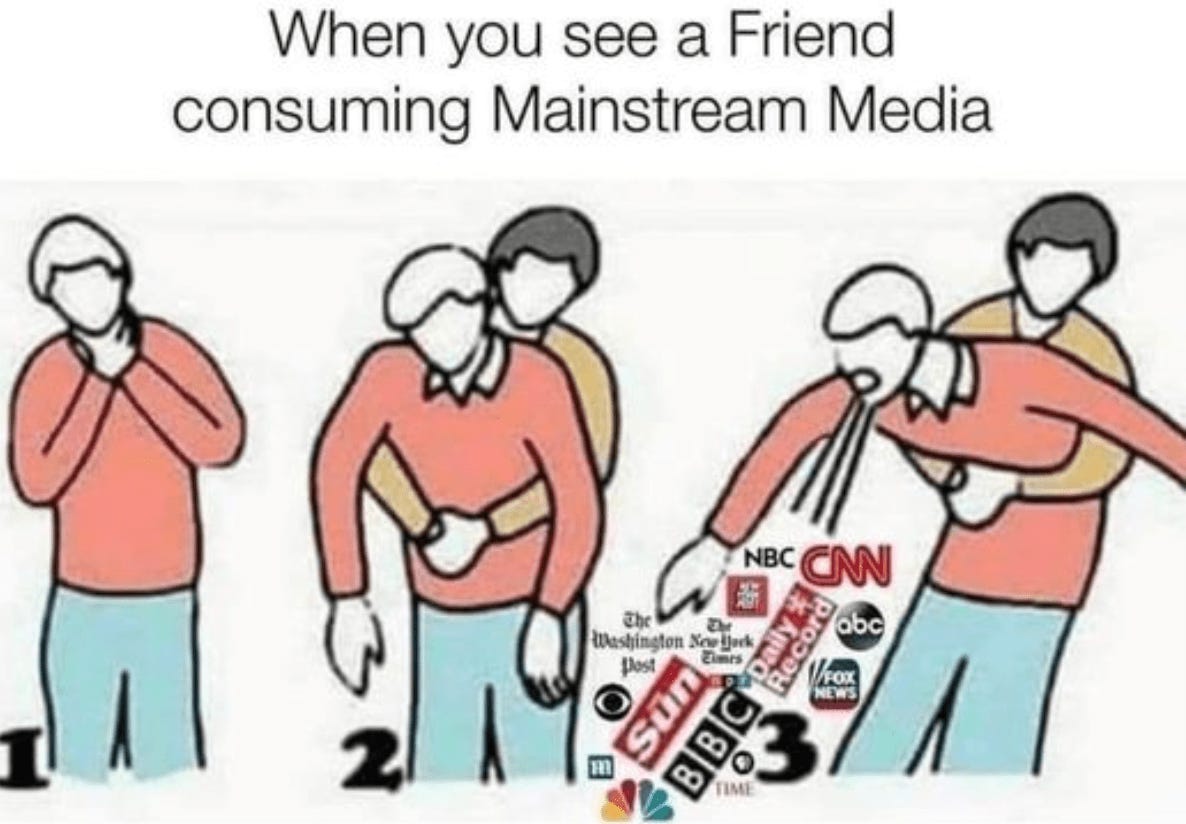"Everything you've ever wanted is on the other side of fear." - George Addair
Part I of this series covered the origin and evolution of the patriarchal system of social control and how that system, as least in Judeo-Christian and secular Western societies is waning. Concurrent with this shift within the past 40-ish years, is the rise of gender-independent coalitions of power that nonetheless leverage the legacy patriarchal system to achieve nearly identical goals: power, status, and control. In Part II, I explore aspects of the latest iteration of an ancient system based on "coalitionary proactive aggression," to use Wrangham's characterization.
Wrangham relates this story:
"A typical test, the so-called object-choice test, begins with admitting a dog into a room where an experimenter is standing at an equal distance from two upside-down bowls on the floor. The bowls are identical, but under one of them a food treat lies hidden. The person points to one of the upside-down bowls. A successful dog understands that the person is trying to help and goes to the indicated bowl. [Evolutionary anthropologist Brian] Hare and a small team of researchers found that most dogs passed this test. For dog lovers, this was not a big surprise. What was interesting was that wolves failed the test."
Having been the caretaker of many dogs over the years, I can affirm this experience. My terriers seemed to have a single minded determination to figure out what I was asking them to do.
The theory is that having selected against reactive aggression, the result might be that dogs are better able to read the human signals due to a diminished fear response that often results from reactive aggression. Less reactive emotional intensity, less fear. And less fear allows the dog more time to observe and consider what the human is doing. Wolves, apparently, are unable to access a more deliberative process due to heightened fear and therefore are more likely to default to reactive aggression.
This led me to the question of what kinds of stimuli in my live tend to provoke fear - real or fabricated - and therefore inhibit my ability to consider events more carefully. Scrolling through just a few search result pages for "United States Crisis" - time-boxed to the past month - revealed the following...
And that's the short list. If we're to believe almost every news source, we're currently drowning in a crisis/threat/fear-driven society. Most of it reflects an unending multi-level theater of contradictions and posturing for status, power, and money. All of it riding on the back of an attention economy. If everything is a crisis, nothing is a crisis.
Whether real or fabricated by social and legacy media, the constant fear this is generating is crippling our ability to read each other more accurately and connect in meaningful ways. Your friends on social media aren't your friends. They're shadows on the walls of Plato's Cave. More and more, we're defaulting to threat interpretations and working against tens of thousands of years of hard won evolutionary patterns for tolerant social behavior.
Wrangham notes, "Cooperation was a key to Homo sapiens’s domination of the earth." There can be little doubt, therefore, that cooperation will be key to our success for finding a way through to solutions for taking care of ourselves and the environment.
But "cooperation" isn't some magic pixie dust to be sprinkled in the water and everyone will get along wonderfully. The quality of our cooperation will depend on the moral choices we make. It will depend on what and who we value. It will depend on what we consider safe and familiar. As Wrangham observes, "our biologically given emotions exert critical influences on our moral decisions."
When the architects and engineers of society (elected or otherwise) push a plan that structures the support of violent bullies at great cost to the defenseless (made so either by circumstances or law), the innate drive for self-preservation will drive a small percentage of the defenseless to form coalitions to defend themselves. Examples from history include all the resistance movements that formed in the early 1940's after Hitler invaded one country after another.
But the majority of the population, as history again informs us, do not join resistance movements. Why? Wrangham describes three well studied unconscious biases that influence moral decisions:
The "Inaction Bias" predisposes us to do nothing rather than something.
The "Side Effect Bias" prompts us to minimize harm.
The "Noncontact Bias" that leads us to prefer actions that allow us to avoid touching someone who is being harmed.
Each of these biases interact in different ways, to different degrees, in different contexts, and in different individuals. With these biases as a lens, Wrangham's describes an unsettling aspect of The Goodness Paradox:
"What causes us to classify some behaviors as right and others as wrong? And why are we guided by our curious internal biases, rather than following general rules for deciding whether a behavior is moral?"
"The Inaction, Side Effect, and Noncontact biases lead to different outcomes, but each of them puts distance between a moral actor and his or her act: “I did nothing.” “That wasn’t my goal.” “I never touched them.” The claims seem designed as defenses against an accusation of wrongdoing."
"Anyone who does something “wrong” risks being seen as a nonconformist, or deviant. Plausible deniability then becomes an important criterion for the best decision. The ideal moral act, in this self-interested view, is the one that protects an individual from possible censure by the tyrannical cousins."
"The three biases can thus be seen as self-help mechanisms designed to avert criticism. Each of them helps the actor to deny having done something that might be considered unpopular."
The combination of these biases sets an unsettling frame. For thousands of years coalitions of beta males have controlled Society 2.x, holding the threat of imprisonment or death over those who strayed like a sword of Damocles. This fear leads most to minimize the risks of being tagged as deviants and outliers. Considerable energy is spent working to determine what behaviors are "right" and which are "wrong." In the 21st century, this is near impossible. Ignorance of the law is no defense, we are told. And yet it is a certain impossibility for any one citizen to know all the laws they are expected to know. "Show me the man," the saying goes, "and I'll show you the crime."
"The impunity resulting from coalitionary proactive aggression, with its consequences that reach to obedience and sovereignty, has given successful individual humans power beyond the imagination of nonhuman primates. To the powerless it has given unprecedented misery."
"Coalitionary proactive aggression is responsible for execution, war, massacre, slavery, hazing, ritual sacrifice, torture, lynchings, gang wars, political purges, and similar abuses of power. It permits sovereignty as a right over life, caste as a system of casual domination, and guards who make prisoners dig their own graves. It makes kings of wimps, underlies fidelity to groups, and gives us long-term tyrannies."
Contextualizing those comments into modern American society...
"In democratic states, the system works so much more gently that you might think that its success depends entirely on willing cooperation. The political philosopher Michel Foucault has argued convincingly, however, that, although democracies are less violent than authoritarian states, even benign social institutions such as factories, hospitals, and schools depend ultimately on power enforcement for their success. Rule breakers can try to negotiate their way out of a conflict, but if worse comes to worst, they face imprisonment—courtesy of the coalitionary proactive aggression of police and other regulatory institutions."
Over the past 100 years, broadcast and social media have made our society increasingly sensitive to increasingly extreme and fragmented definitions of "right" and "wrong." A growing percentage of the citizens are obsessed with trying to determine what the rules are and to live within them. More disturbingly, a central tool for forcing the fit is to monitor and punish the behavior of others who are perceived by one individual to be in violation of the rules. Calling out someone who doesn't fit makes the accuser feel as if they do fit. It's a protection strategy against being labeled as nonconformist themselves. Since no single person - no matter how powerful or influential - can possibly know all the rules, these judgments are virtually guaranteed to be unjust. Without a doubt, this dynamic is foundational to what is currently called "cancel culture."
This type of environment is an incubator for behaviors that fuel a race to the bottom of civil discourse and cooperation. It holds for neighbors as much as it does for large businesses and national governments. As Wrangham observes, "Our sensitivity to right and wrong is understandable as an evolved response to the extreme danger of being in the wrong." What happens when an hypersensitive citizenry obsesses over what it perceives as a increasingly dangerous consequences to being labeled an outlier or deviant? In what direction does a society move when the definitions of "right" and "wrong" change based on the whims of the ruling class? I'll leave it as an exercise for the reader to answer these questions. With apologies to Wrangham's original phrasing, evolution has produced the fact that we care, but society influences what we care about.
Related Articles
If you have any questions, need anything clarified, or have something else on your mind, please send a DM or email me directly.
Photo by sebastiaan stam on Unsplash









